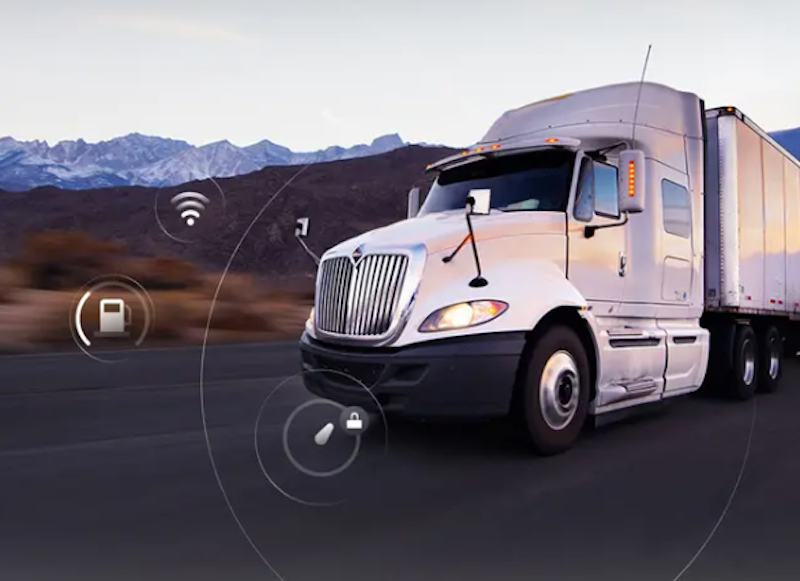
The future of fleet management: Trends in system design
Though the use of technology and prevalence of businesses converting online has skyrocketed across most industries – few sectors rival how indispensable fleet management software has become within the automotive space.
For companies dedicated to managing fleets that can number in the hundreds, it’s proving crucial. The ability to customize and control things like equipment tracking, vehicle diagnostics, maintenance, fuel consumption and driver management not only helps these companies win business, but allows them to thrive in an industry that’s expected to be worth $11.4 million by 2027.
Managing parabolic growth
If this projected market size indicates what’s ahead, contemporary fleet management systems will likely be the industry standard far quicker than previously envisioned.
The speed at which the market grows will also be intrinsically linked to things like supply chain issues and driver shortages – like those currently being experienced around the globe.
The complexity of these issues has meant more and more businesses are seeking to engage with newer fleet management technologies that aid performance while offering their fleet managers greater control than ever before.
For automotive businesses looking to create or decide upon the functions that will provide the backbone of their fleet management system design, observing trends guiding current technologies is vital.
Remote working
Considering the Covid-19 pandemic, when fleet managers were forced to adopt remote-working, we saw many businesses continue with the arrangements even following the reopening of their economies – as they’d discovered it was financially beneficial when managed effectively. So even though the remote working trend initially began as a contingency, it remained widespread throughout the industry.
Assuming this trend continues, what then should a fleet management company do to ensure success with remote working? Any developed software needs to give users visibility to real-time locations through tracking systems – while also including telematics that allows fleet managers to monitor other aspects like driver behavior and fuel consumption.
Big data and AI
Pandemic aside, the need for fleet management technology to provide the tools required to navigate other obstacles is equally essential. Pressures like driver shortages have impacted the efficiency of fleets across the globe – which are being combatted through data and artificial intelligence developments.
The use of data throughout the industry has meant fleet managers have access to an unparalleled speed of information and driver connectivity, while AI is helping identify recruitment issues before they compromise business efficiency.
Understanding these trends when designing fleet management technology solutions ensures short-term issues like driver shortages are counted for, while simultaneously helping businesses explore other functions and innovations that can unlock longer-term gains.
The integration of AI, advances in data and connectivity, and remote working are all considerations businesses should make when designing fleet management software. And though all incredibly different in their function – they all serve to address issues constantly impacting the automotive industry.
Star’s team of automotive experts is assisting their clients in delivering automotive digital solutions that not only make processes as seamless as possible – but are driven by research and experience that has confirmed their position as leaders in the design industry. If you are a business looking to take your fleet management system to the next level – consider getting in touch with Star’s experts today.
